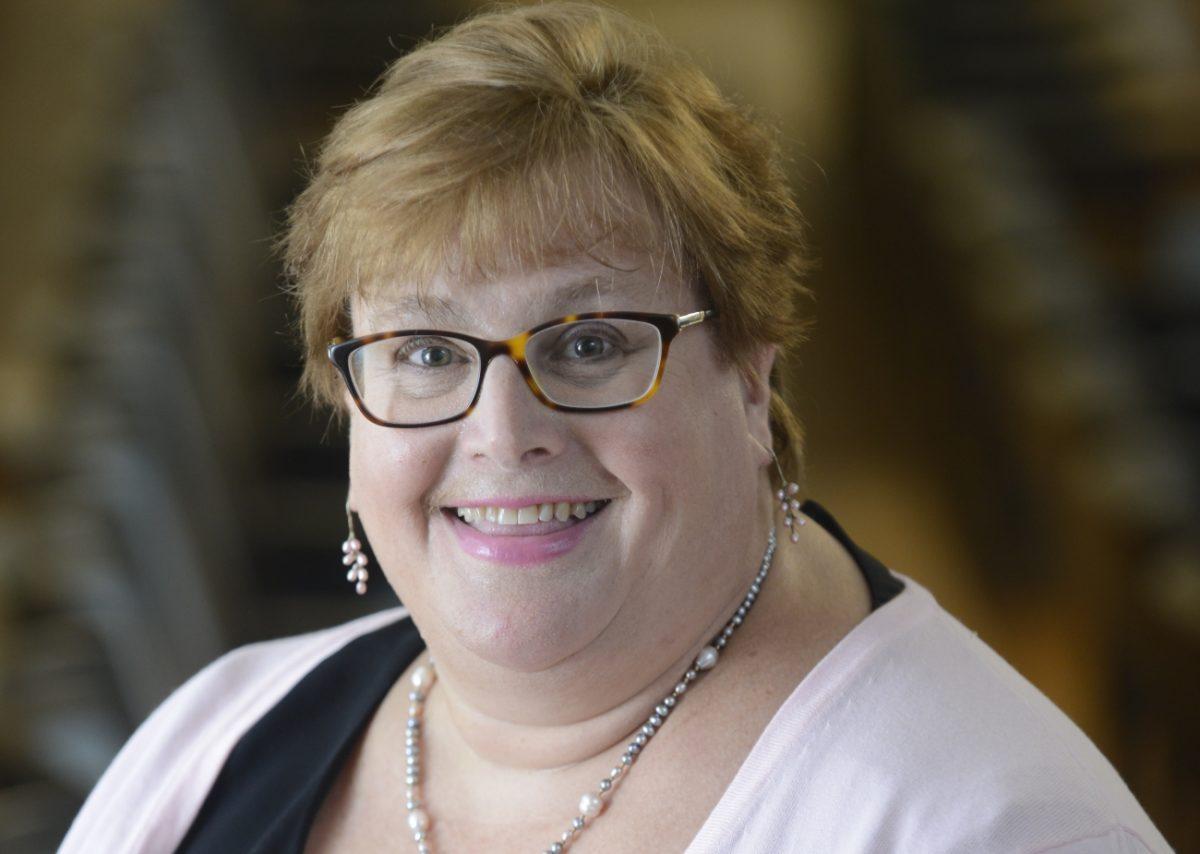Ann Velenchik, dean of Academic Affairs and professor of economics, will be stepping down from her post as dean at the end of this academic year. President Paula Johnson and Provost Andy Shennan made the announcement via email to faculty and staff on Monday. Velenchik joined the Wellesley College faculty in 1989 and has been serving as dean since 2015. The position of dean of Academic Affairs includes direct supervision of about half of the academic departments at Wellesley, as well as service on the Advisory Committee on Academic Staffing (ACAS), the Academic Review Board and the Committee on Curriculum and Academic Policy.
“As we all know, there is much to appreciate and celebrate in Ann’s extraordinary record as a dean. We look forward to having many occasions later in the year to acknowledge her accomplishments and express our deep gratitude for her service,” Johnson and Shennan said in the email.
During her tenure as dean of Academic Affairs, Velenchik was the Executive Sponsor of the Science Center renovations, which began last year. She also presided over last May’s end to Wellesley’s grade deflation policy, which had been active since 2004. That policy, which mandated that the mean grade in courses at the 100 and 200 level with 10 or more students would be no higher than B+, was the subject of student frustration for over a decade. Though it was originally intended to make sure that Wellesley would be seen as a competitive institution and would not give undeserved As, it was later concluded that this policy was ineffective and disproportionately impacted marginalized students. During her term as dean, from 2015 to present, Velenchik was chair of the College’s Committee on Curriculum and Academic Programs (CCAP), which structures large-scale academic policies such as the school’s grading standard.
Velenchik herself sees her work with CCAP as one of the highlights of her time as dean, along with faculty recruitment, including “trying to beat out Smith to bring the best people to our campus,” and being executive sponsor of the Science Center and Global Flora projects. Professor Carlos Ramos, who served on CCAP with Velenchik, listed some of her contributions: “Ann has done a tremendous job leading CCAP. In the years that Ann has been there, the committee has dealt with the new schedule, the grading policy, shadow grading, reaccreditation, and preparing for the implementation of Workday for student registration, to name a few of the initiatives. In spite of the complexity of the issues, she has kept the committee on task and has done it with grace, energy, and a great sense of humor.”
Velenchik was also involved in the structuring and rollout of Wellelsey’s faculty and staff Voluntary Retirement Program (VRP), an incentive program designed to encourage retirement due to the college’s budgetary ability to sustain only a limited faculty, and to contract the school’s staffing after a decade of expansion and implementation of new programs such as the peace and justice studies department, Asian American studies, environmental studies and neuroscience. This program was implemented during the 2017-2018 academic year and was based on the hope that it would enable Wellesley’s staffing to be more stable in the years to come.
After the end of this academic year, Velenchik will be taking a “long-delayed sabbatical” in fall 2020 and then returning to her post as Professor of Economics for spring 2021, according to Johnson and Shennan’s email. “Prior to coming into the Provost’s Office, I served six years as Director of the Writing Program, and prior to that I had been part of the Economics faculty,” Velenchik said. “When I moved into this role I postponed a sabbatical leave during which I was going to work on some writing projects that brought those two things together,” Velenchik explained. “I intend to pick those things back up, but not until after I spend a relaxing summer of 2020 in Ogunquit, Maine.”
Though it is still relatively early in the year, Wellesley is already seeking out Velenchik’s successor. As academic deans have, for the past 30 years, been selected from among Wellesley’s faculty, Johnson and Shennan invited faculty members who might be interested in being the next dean of Academic Affairs to contact them by Nov. 1. As far as advice for the next dean goes, Velenchik suggests flexibility.
“Everyone who takes on a job in senior administration does it in his or her own way, both in terms of what issues they choose to take on and the way they go about tackling them … the work is about 20 percent following your own agenda for change and 80 percent about supporting others in achieving their own goals,” she said. “I am sure that the next dean of Academic Affairs will have ideas about how to move the college forward but will also need to be prepared to respond to all the unpredictable issues that come down the pike.”






